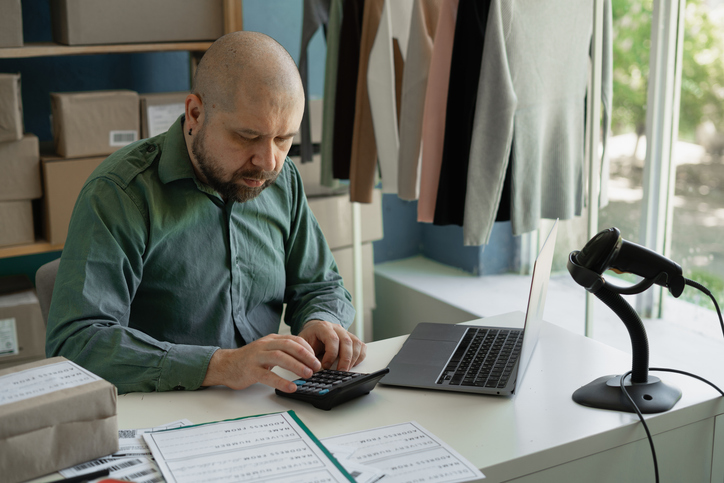The UK organisation, which aims to raise the status of women in the economic community, has partnered with the Federation of Small Businesses (FSB) on its Real-Life Entrepreneurs campaign, which hopes to provide solutions to the challenges enterprises face.
Both groups urge the government to put in place targets to raise the number of female entrepreneurs in the UK and claim that 150,000 start-ups would be created each year if women started businesses at the same rate as men.
Currently, there are about 620,000 majority women-owned businesses in the UK, according to the Women’s Enterprise Taskforce.
FSB national chairman John Walker says, ‘The government wants to see the private sector pick up the slack from the public sector job losses and with a large number of female employees working in this sector as well as large numbers of women already unemployed it is really important that setting up their own business is seen as an option.’
The campaign aims to tackle business challenges by showcasing real-life entrepreneurs across all sections of society, including over-50s, young people, those with disabilities and ex-armed forces personnel.
Playing its part in showcasing successful women, Everywoman has initiated a ten-year project called Modern Muse, which engages hundreds of Britain’s female leaders to inspire the younger female generation.
One such muse is Emma Elston who runs UK Container Maintenance Limited. She says, ‘When I was at school the thought of running my own business had never occurred to me, I didn’t know many women that were entrepreneurs. That’s why I think it’s so important that female role models actually go into schools to mentor young women.’
The goal of the Modern Muse project in conjunction with the FSB campaign is to reach out to one million young women over the next three years in the hope that more females are inspired to get involved in business and become entrepreneurs.
Co-founder of everywoman Maxine Benson says, ‘The Real-Life Entrepreneurs campaign is a force for good in overcoming barriers to setting-up a business and we know through work with our members, challenging and changing mindsets is the key to supporting women to achieve in business.’
Female entrepreneurs value on-going support
Ongoing support is required to encourage women to start and grow their own business, according to women’s support association Prowess.
Female entrepreneurs particularly value ‘an ongoing supportive relationship approach rather than one-off business support intervention’.
‘They also welcome mentoring relationships and the chance to exchange ideas with someone with previous experience of setting up in business,’ says Alice Kent, a researcher for Prowess.
Kent also claims that while women view starting a business as a viable career option, they are still under-represented in the SME sector, with men twice as likely to start a business as women.
The gender enterprise gap is more acute among those aged between 18 and 24 with women four times less likely to start a business than men, she states.





